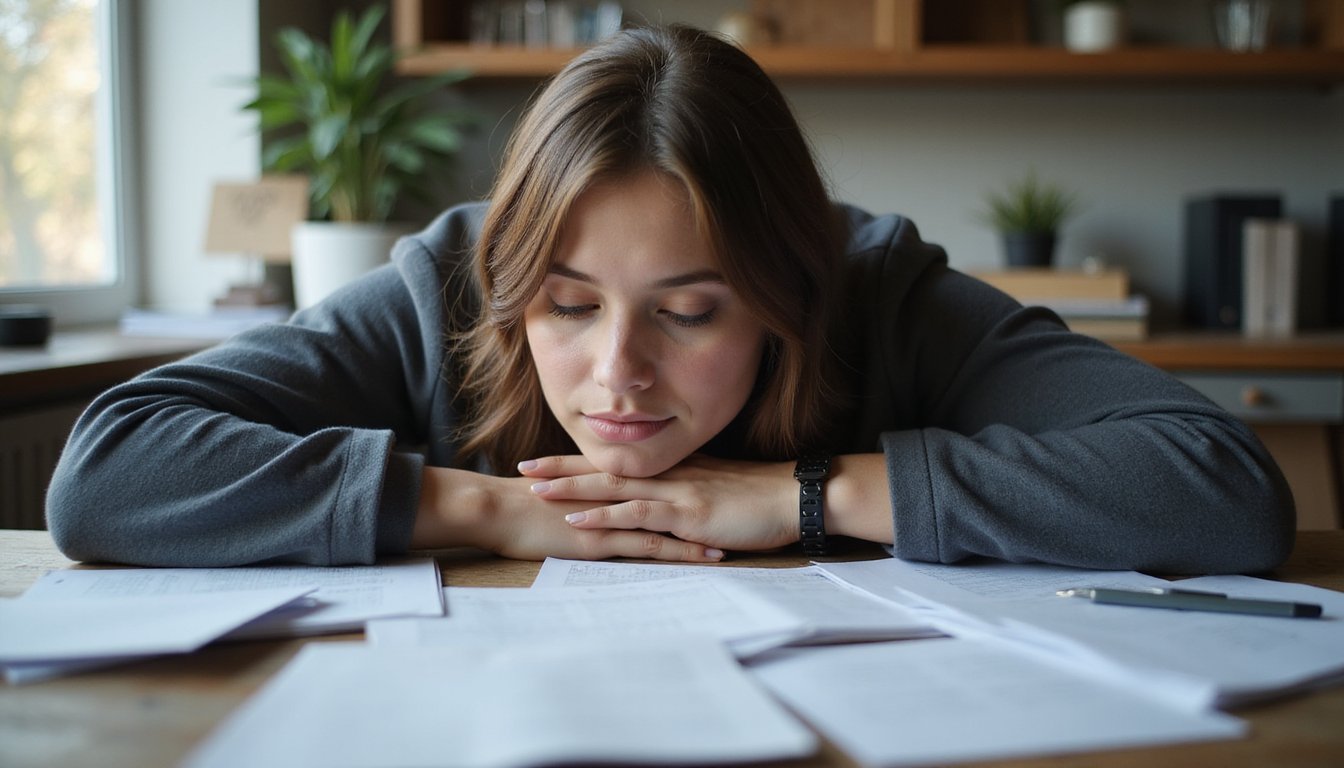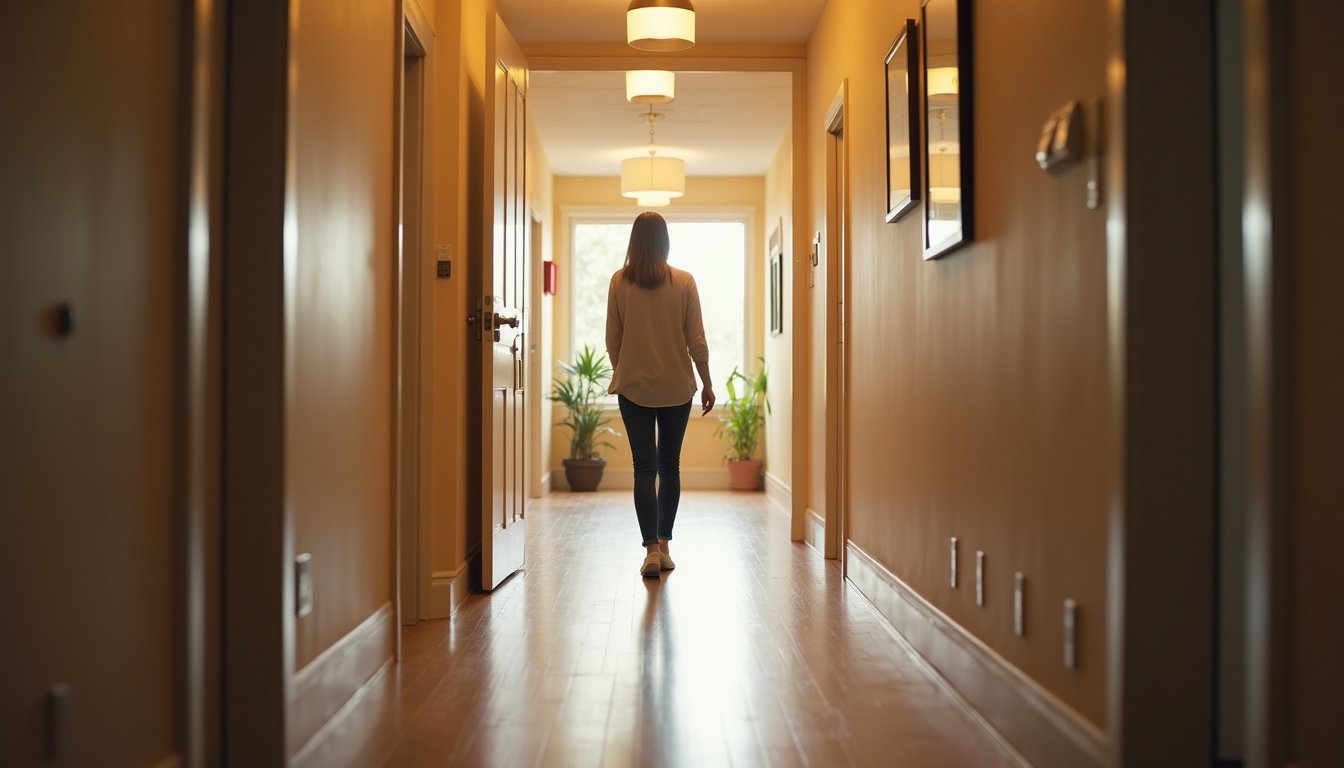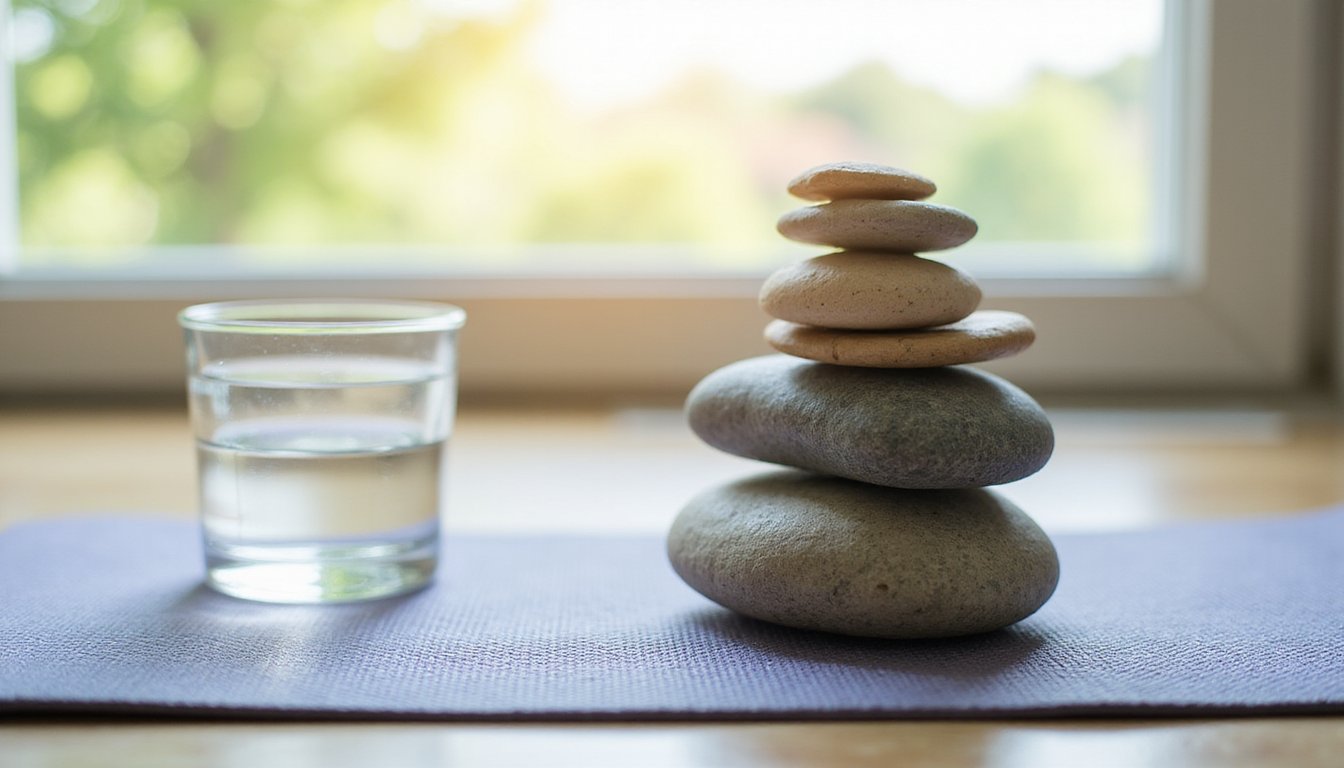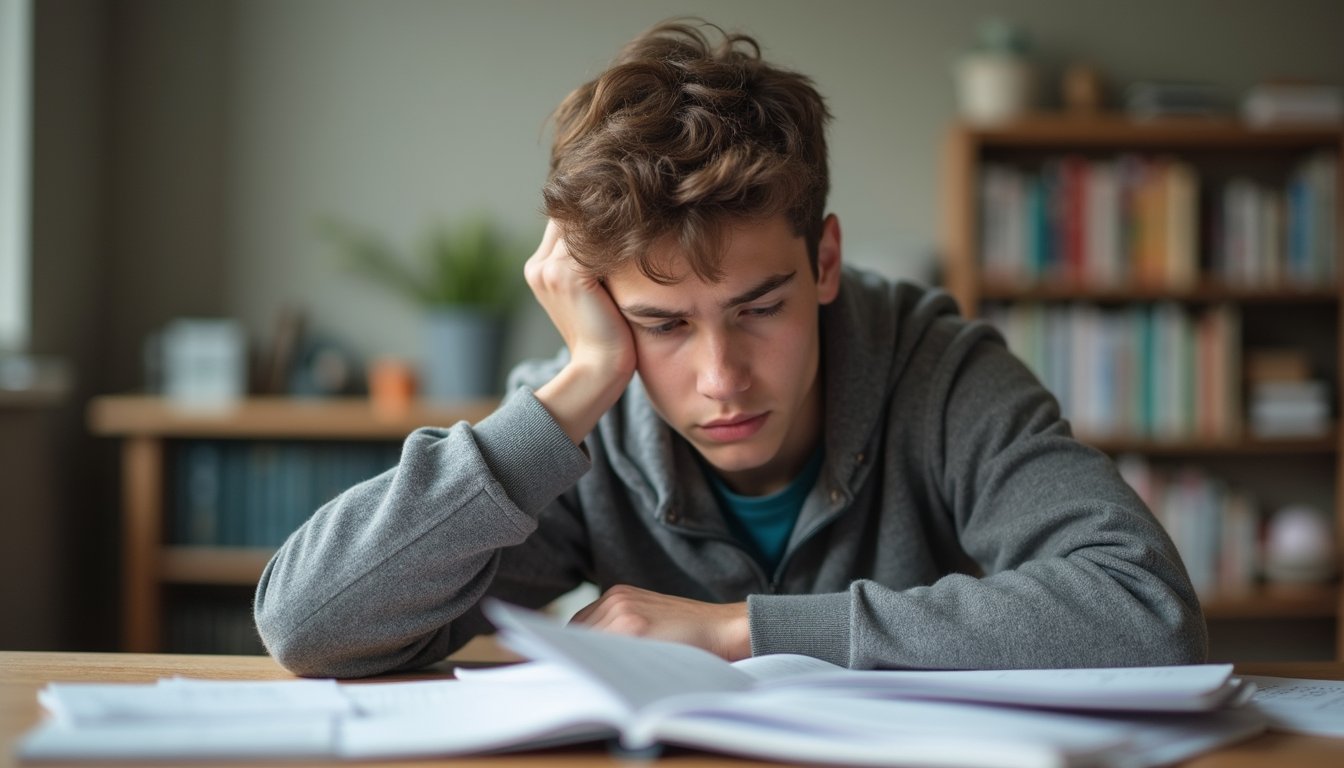What Does “Depression” Mean?
According to the World Health Organization, there are approximately 280 million people all over the world with depression. This is 3.8% of the world’s population. When you split this group into two, we find that 5% of the people in this population are 18 years of age and older, and 5.7% of this population are 60 years of age and older. Depression very often leads to suicide with more than 700,000 people committing suicide due to depression each year.
What Does It Mean When Someone Is Depressed?
When you are depressed, you begin to experience periods of sadness that may last a long time. You may feel empty inside and hopeless, and you may be unable to enjoy activities that you enjoyed in the past. Depression also leads to changes in your appetite. For example, you may begin to eat more when you are feeling depressed, but others start to eat a lot less.
Sleeping habits may be affected as well. You might sleep more than you ordinarily would, or you may not be able to sleep as well. Depression also causes you to feel less energetic and makes it hard for you to concentrate on important tasks. Depression is sometimes accompanied by headaches, digestive issues, and other aches and pains.
Anyone can experience the feelings described above, but not everyone is diagnosed with depression. To receive this diagnosis, you must experience depressive symptoms every day for at least 14 days.
The Symptoms of Depression
If you are experiencing several of the symptoms of depression below, you may need to make an appointment with your physician for a diagnosis.
Emptiness or Sadness
You may have a feeling of emptiness or sadness over a long period of time. You may describe it as being unable to experience happiness or a feeling of constant despair.
Hopelessness or Helplessness
Helplessness often accompanies depression because people begin to believe that their depressive feelings will last forever. They may even believe that no one can help them feel better. Depression can feel like you’re swimming in a void, and you can’t possibly see a way out.
Worthlessness
Depressive symptoms lead to feelings of worthlessness. Those afflicted believe that their lives do not have meaning and that they are a burden to their families. They might not feel like they deserve happiness.
Guilt
If you are depressed, you may feel guilty even though you haven’t done anything that you regret. People also feel regret or remorse about things they have done in the past and feel bad about themselves in the process. The things for which they feel guilty may have been things that occurred long ago and that might seem relatively insignificant.
No Pleasure Taken in Any Activities
You may have lost interest in the things you used to enjoy. You may have been turning your friends down when they invited you to take part in your usual activities. The inability to experience pleasure in previously enjoyable experiences is known as “anhedonia.”
Irritability
You may be irritated with those around you and may withdraw because everyone annoys you. If you are unable to sleep, your fatigue can contribute to your irritability.
Low Energy
People experiencing depression often feel very tired. They may have trouble getting up in the morning, and they may have difficulties completing their routine tasks throughout the day. These people spend the majority of their free time in bed.
Insomnia
The inability to sleep is a major symptom of depression. You may not be able to sleep throughout the night. Some people stay up very late, and others wake up very early.
The Inability to Make Decisions, Remember, and Concentrate
Cognitive abilities suffer when someone is experiencing depression. This occurs whether you are at home or at work. You may also have a hard time making decisions that were very simple for you in the past. Sometimes, your short-term memory becomes faulty so that you cannot remember what you said or that you have an appointment that you must attend.
Eating Too Little
Depression can cause you to lose your appetite, and this results in weight loss. You may have noticed that you have gone for very long periods of time without eating any food.
Overeating
Depression can also cause some people to eat too much. This occurs when they use food to activate the pleasure centers in their brains, eating “comfort food.” It can also be something to take their minds off of their feelings of loneliness. Because depression causes you to lose your desire to exercise, eating more calories and failing to exercise causes weight gain.
Bodily Symptoms
Someone with depression may have aches and pains, digestive disorders, or headaches that do not respond to medical treatments and for which there seems to be no medical cause.
Difficulties Resting
Depression prevents you from being able to stop obsessing about negative things, and you may also be unable to stop worrying about problems.
Suicidal Thoughts
The thoughts of death and dying enter the brain of someone with depression more often than in other people, and some people attempt to act on them.
When Does Depression Usually Begin?
Anyone can experience depression at any age, but it commonly occurs during late adolescence or early adulthood. When this occurs and the condition isn’t treated, the person may suffer for weeks, months, and possibly even years. Sometimes, the depression goes away, but it returns. In some cases, people cannot function at school, at work, or at home. They are also likely to self-medicate and begin to take substances to relieve their symptoms. They are also more likely to commit suicide than the rest of the population.
What Is the Cause of Depression?
Your emotions live inside your brain. Scientists discovered that there are areas in your brain that regulate your mood. Normal functioning of the nerve circuits, nerve cell growth, and nerve cell connections have more to do with your mood than neurotransmitters. They found that the areas that are most important to mood regulation are the amygdala, hippocampus, and thalamus.
The research demonstrated that the hippocampus in people with depression is smaller than the hippocampus of someone without depression. In a sample of depressed women, researchers learned that their hippocampi were 9% to 13% smaller than those of the control group. If a subject experienced several bouts of depression, she had a smaller hippocampus than someone who suffered fewer bouts. Scientists determined that stress is the cause because stress prevents the hippocampus from creating new nerve cells.
Antidepressants that encourage the hippocampus to create neurons do not cause someone with depression to begin to feel better immediately. Researchers determined that this is because the nerves must grow and form new connections before the person’s mood begins to improve. Therefore, scientists determined that antidepressants that promote neurogenesis — or the growth of nerve cells — strengthen the connections between the nerve cells and enhance communication between the nerve circuits.
The Amygdala
The amygdala is a structure in the brain that is associated with sexual arousal, fear, sorrow, pleasure, and anger, and it becomes activated when someone remembers something that is charged with emotion. If someone is depressed, the amygdala is more active and continues to be after the person isn’t feeling depressed any longer. Scientists believe that this extra activity causes the amygdala to grow.
Basal Ganglia
The basal ganglia are structures that play a role in processing emotions. When examined in people diagnosed with depression, researchers discovered that the basal ganglia appeared to have shrunk along with other structural changes.
Hippocampus
Studies have found that the hippocampus is smaller in people diagnosed with depression. Scientists also discovered that constant exposure to stress hormones could be responsible for the impairment of the growth of neurons in the hippocampus.
The Link Between Alcohol and Depression
Many people have been diagnosed with depression and an alcohol use disorder in the U.S. They are known as “co-occurring” disorders, and 7.7 million adults have been diagnosed with them. As a matter of fact, 20.3 million adults received a diagnosis for a substance use disorder, but 37.9% of this population also had a mental illness. In contrast, 42.1 million adults received a diagnosis for a mental health disorder, and 18.2% of this population were also diagnosed with a substance use disorder.
Why Do Substance Use Disorder and Depression Co-occur?
A substance use disorder does not necessarily cause depression, and vice versa. The reasons that these disorders co-occur may be because substance use disorders and mental health disorders have some common risk factors.
Several environmental influences contribute to the development of mental health disorders and substance use disorders, and these include adverse childhood experiences, trauma, and chronic stress. If you have been emotionally or physically traumatized in childhood, your risk is higher for developing a mental health disorder like depression as an adult.
When the Mental Illness Presents Itself First
Scientists believe that people experiencing a mental health condition like depression will often self-medicate by beginning to use illicit substances. The chosen substance can help alleviate the depressive symptoms, but it can also make depressive symptoms worse.
The Use of Substances Can Lead to Depression
Substances disrupt the same areas in the brain that depression and other mood disorders also disrupt. Therefore, if you used substances first, it may have caused changes in the brain and the brain’s functioning that led to the development of depression or another mental health disorder.
How Is Depression Diagnosed?
If you are experiencing just one of the symptoms listed above, you would not be diagnosed with depression because medical conditions can cause some of these symptoms, and some medications can also cause them. The time for you to be concerned is when you are experiencing several of the symptoms all at once.
You will not be diagnosed with depression after your physician gives you one test. Instead, your doctor will record your personal history and your family’s history, and then they will make a diagnosis. To this end, you may be asked to take a questionnaire or answer a number of personal questions.
What Is the Treatment for Depression?
Managing symptoms of depression can be done with medication or therapy, but some people are prescribed both. If you are prescribed an antidepressant, you must remember that your symptoms will not improve right away. It may take several weeks for your mood to improve. Psychotherapy is another form of treatment, but you must give this treatment time as well because it also does not work overnight.
If you are concerned about whether or not you have depression, the National Depression Hotline is here for you. We can help you get the treatment you need for depression or any other mental health disorder. Once you get into treatment, your therapist will help you figure out why you are struggling and develop a treatment plan to relieve your issues. We can also suggest a rehabilitation center that will be the perfect place for you.






